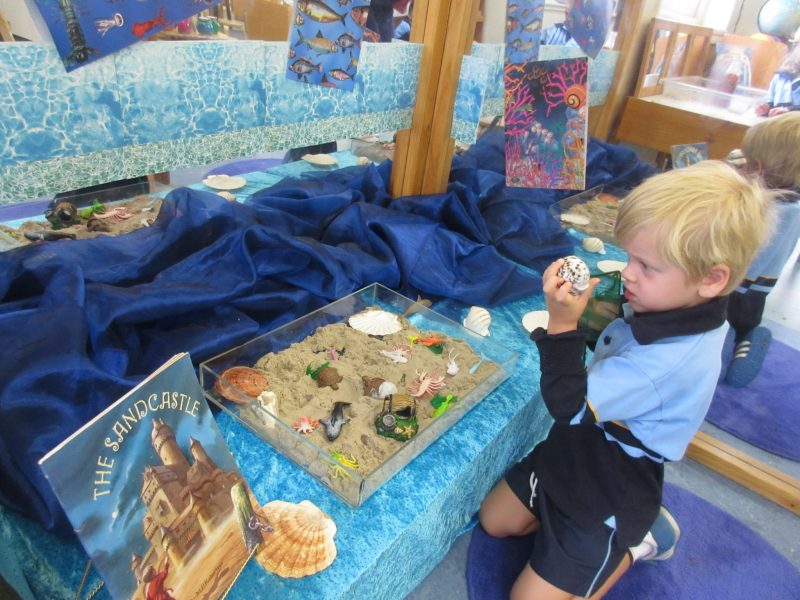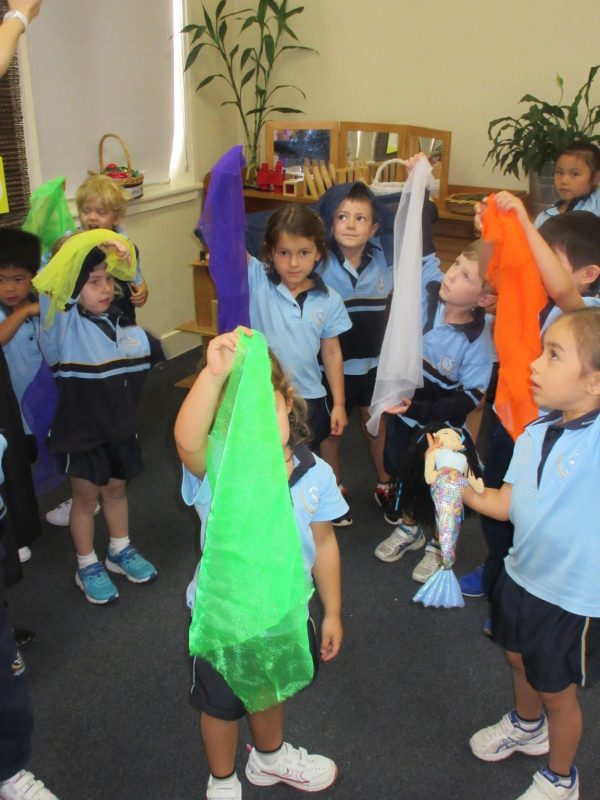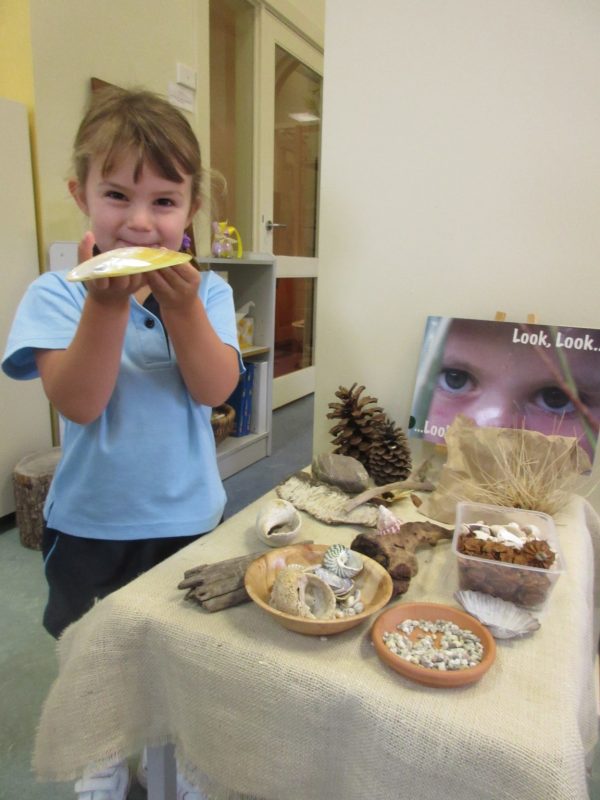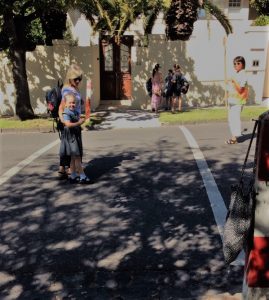Campbell House News

Learning Occurs Everywhere
“Stand aside for a while and leave room for learning, observe carefully what children do, and then, if you have understood well, perhaps teaching will be different from before”
Loris Malguzzi (Educator and Researcher Early Childhood)
So often, adults, when observing children at play or in various settings, can be readily tempted to step in and solve challenges or problems or provide answers when children are grappling with a question or just pondering or problem solving and pursue achievement by listening, observing, gently guiding but refraining unless needed, from ‘rushing’ in with answers and solutions.
By permitting young learners to ‘wonder’, a feeling of independence, satisfaction and achievement can bolster confidence and inspire further learning. Learning is possible in all places; classrooms, outdoor spaces, travelling, excursions, playing and of course, importantly, at home. Children are hungry to learn. Also, they love to wonder, explore.
“Observe and listen to children because when they ask “why?”, they are not simply asking for the answer from you. They are requesting the courage to find a collection of possible answers”.
Carlina Rinaldi (Educator and Researcher Early Childhood)
Oceanic Inquiry
A prevalent interest in the sea has surfaced in the Wattle Room. An oceanic imaginative play experience invited the children to explore and question ideas pertaining to the seaside (as inspired by their summer holiday experiences with their families). It featured water beads for sensory play and language-rich learning opportunities through role-play. The setting featured kinetic sand to promote relaxation and showcased a picture storybook to inspire playful literacy learning as well. The scene was set as a ‘small world’ showing the ocean and acted as a provocation to consider the array of sea life that exists.
-

Casper Bell
-

Wattle Room Aquarium Dance
-

Samara Grinsell
The children became inspired to represent their thinking by way of a ‘Seaside Collage Experience’. Each artwork illustrated a growing knowledge of how to look after our waterways and supported the children’s curiosity about nature and the environment. To embody their learning to date, the group engaged in an ‘Aquarium Dance’ as they were encouraged to respond to selections from Carnival of the Animals by Camille Saint-Saens through creative movement and open-ended physical expression. A ‘Rockpool Discovery’ incursion occurred on Wednesday 1 March to extend upon this area of inquiry. This one hour, hands on session, allowed the children to observe and touch live creatures from the ocean. Empathy for nature was promoted as the children reflected that life in the ocean needs to be cared for, respected and protected.
Ms Kristina Schrader
Wattle Room Teacher
Pedestrian Crossing
Barbreck students have all been reminded about the necessity to use the School crossing in order to cross Heyington Place both before and after School. We urge Campbell House families to ensure the crossing is used when leaving or arriving at School with children.
We ask parents to support the instructions regarding pedestrian crossing use by repeating them at home to children. Drivers are urged to refrain from calling children across the road from the other side. Children can dart quickly and without thought when called and our worries are many about the possibilities and we know that parents will also share our concerns.
Children in Campbell House must always be escorted out of the driveway, holding the hand of an adult.



